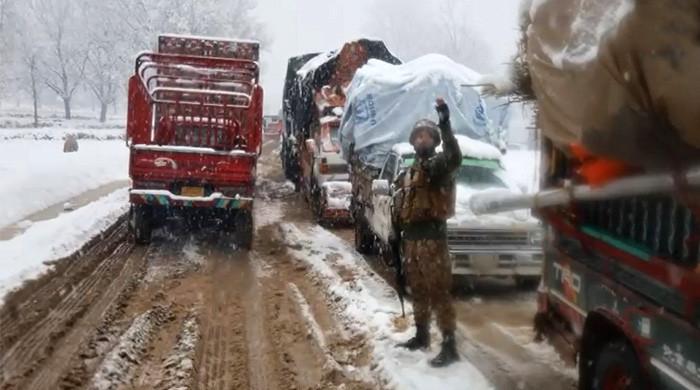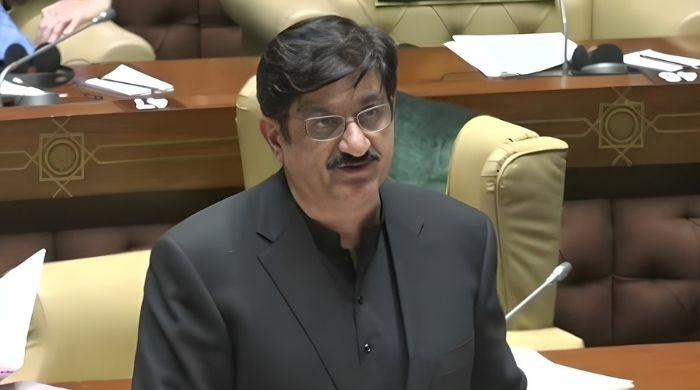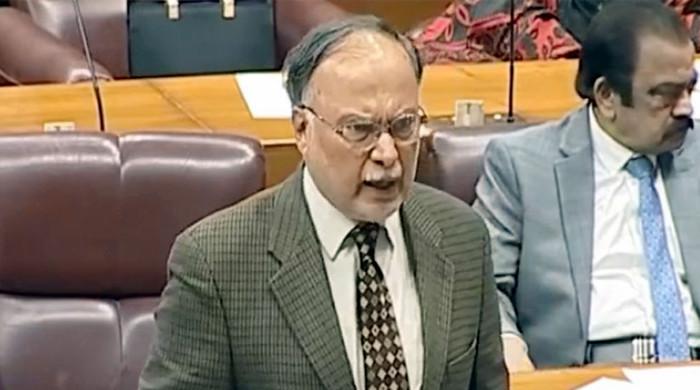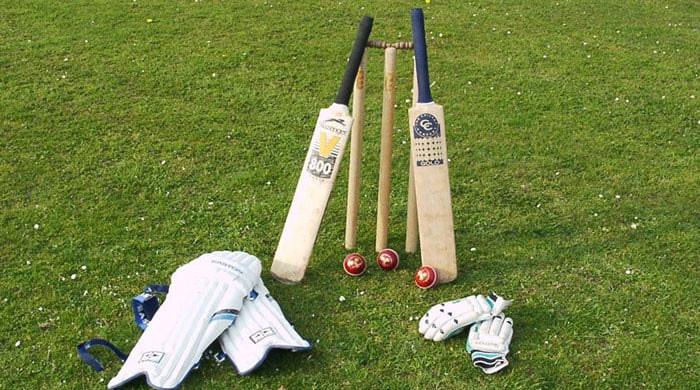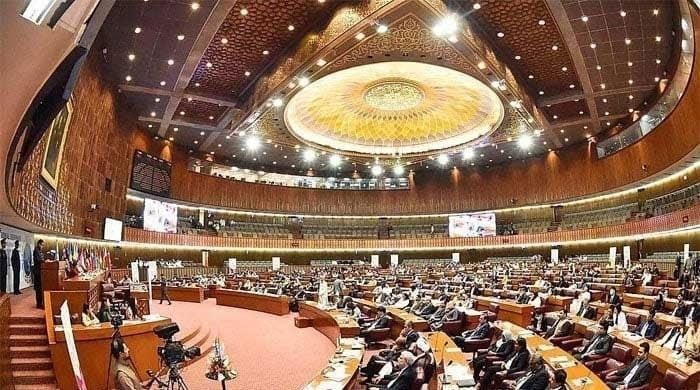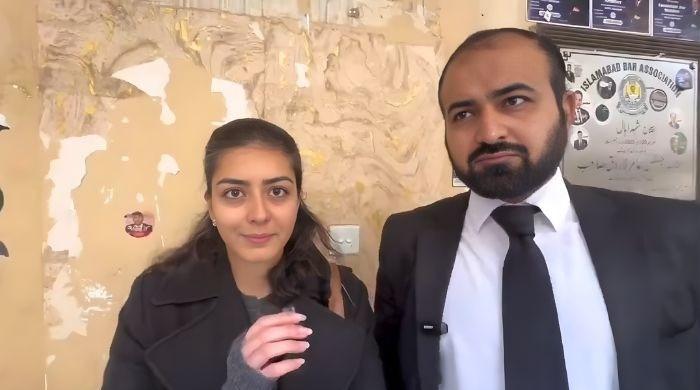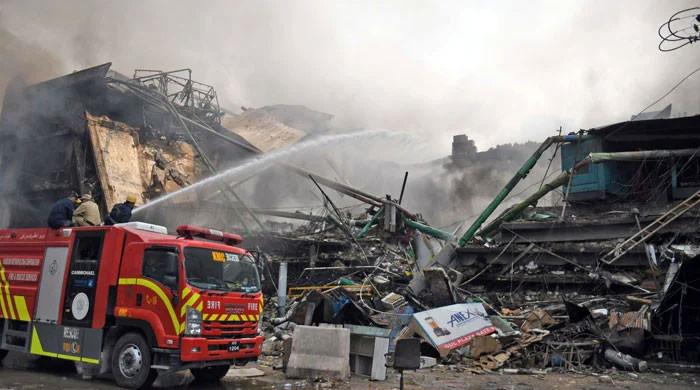How to protect a ‘source’?
There is always a price to pay if you really want to protect your 'reliable sources', but, at the end of the day the success of the story depend on facts, accuracy and authenticity to prove that it...
October 17, 2016
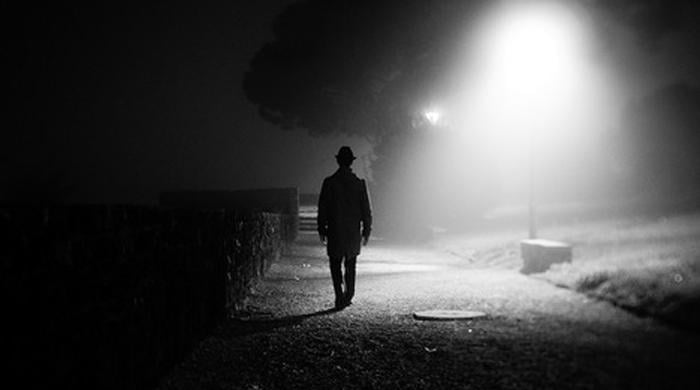
Journalists around the world prefer prison over divulging their 'sources'. Reliable sources are the only means to extract information particularly in the absence of 'Right to Information Law.'
In the recent controversy over a story of reputed journalist, Cyril Almeida, the credibility of more than one person and one Institution is at stake: DAWN, government, Army and the journalist's himself. The final outcome of this week long debate would not be easy.
In some countries journalists’ are often bound to disclose their source under the law, if in the opinion of a judge it is in the ‘public interest'. Yet, journalists choose to accept the verdict against them and go to jail. Dozens of journalists have spent months and years in prison. In Pakistan, some even lost their lives in cases of refusing to disclose the 'source'.
Reliability of a source is essential as journalists’ and newspapers also anticipate the possible reaction and litigation in case the government contradicts and the journalist is ready to defend the story. Like many journalists, I had confronted such situations many times including one in the Military Court, during General Zia's period.
But, Cyril Almeida's case is unprecedented in journalistic history for more than one reason.
Never in recent history has the government issued three different contradictions and the fourth came from the Army's top brass. Second, the contradictory positions taken in the contradictions itself reflect the existing tension among the two important organs of the State. Third, the story whether fabricated or fed by some high official was not an 'unreliable source'.
Now, even during the course of investigation if it is found who the 'source' is, neither DAWN nor Cyril would identify him as it would be against journalistic norms particularly when it 'stands by' the story it had published about the meeting on National Security.
When Press Council of Pakistan (PCP) meets on Thursday, it has to deal with multiple issues related to this very story and needs to call all those linked with it, beside, seeking opinion from a cross section of society.
Every journalist before writing a story or even news analysis has a responsibility to gather information based on facts as success of his or her story depends on authenticity and reliability. There is less chance of inaccuracy or bias when you gathered and verified information from a variety of sources.
It is also important for the journalist to assess information particularly in cases of sensitive nature like national security, foreign policy or even in cases like financial scams or person specific, something which could also lead to 'litigation.'
Journalists often put themselves in trouble when they cannot defend their story, even if it is based on 'factual information.' This happened in 2013, in a petition filed by a wife of one of the suspects in Dr Imran Farooq's murder case in the Sindh High Court.
The court summoned senior police officers and even officials of intelligence agencies and they all denied the story. The court then summoned the reporter and asked to disclose the 'source,' which he refused, but said he stood by the story. Months later he was vindicated when the three accused in the case 'surfaced' and police confirmed their arrest, though, on different dates.
Therefore, it is important that the source has to be reliable, authentic and tested. In case of sensitive nature, journalists often take their editors into confidence because at the end of the day, it’s the editor, who takes sole responsibility or is supposed to take responsibility.
The position taken by DAWN is simple, that it has followed the basic ethical standard of verification, counter checking from multiple sources. The burden is now on the government's shoulder to prove it otherwise, if it believes that the story is fabricated and baseless, meaning no such discussion ever took place in the meeting.
Now, in this case Army's top brass has taken a different position i.e. the story was not only 'fabricated' but was fed by someone with a purpose to undermine the efforts in the war against terrorism.
What do they actually want? (1) the person or source, who fed the story to the journalist, (2) why he did that and for what purpose, and (3) action against the concerned official, which could be under the Official Secret Act, or other relevant sections.
The journalist and the newspaper have taken the position that they 'stand by' the story and have also decided not to disclose the source of the story.
Protection of 'source' is one thing and to prove the story factually correct is another thing. But, when an institution like the Army is saying the story was 'fed,' it clearly indicates that they are suspecting the 'source', his credibility and reliability.
In 2010, a high powered commission headed by Mr Hameed Haroon and comprising all media stakeholders confronted a similar situation, when a private TV channel and its court reporter aired a story regarding possible 'de- notification' of superior court judges, who were restored after the successful lawyer's movement.
Even the government’s categorical denial of the story did not satisfy the judges and thus the government constituted the commission.
In one of its observation, the commission advised journalists to follow basic journalistic standard of 'double checking' from multiple sources in case no direct attribution is made.
In Mir Murtaza Bhutto's murder case, DAWN's former correspondent, Sarfraz Ahmad was summoned by a three-member high powered Judicial Commission, to divulge the 'source' regarding a news item about the postmortem report. He refused and said, ' I stand by my story.' Even on the commission's repeated request and warning he protected his, 'source', and the commission did not proceed against him.
Once a military court summoned me in PPP executed worker Ayaz Samoo's case and the matter was related to news I had given about his date of arrest, while I was working in an evening newspaper. The court wanted to know which police officer gave me the story, but, I refused. Mr Shafi Mohammad, former Judge of the Shariat Court, was Samoo's lawyer and he defended my position.
Now, if the story is leaked, the journalist's 'source' could be someone among the participants, who could either be approached by Cyril himself just to find out what happened in the meeting and get a scoop or by the 'source' himself.
Journalists protect their 'source', because that is the only way to get the news particularly in the absence of Right to Information Law. If journalists started disclosing their sources, they may never be able to make 'sources'.
Now, the credibility of the government, Army, the newspaper and the journalist is at stake. Press Council of Pakistan (PCP), has to keep all these factors in mind, when they will take up the issue.
What better example one can give than that of great freedom fighter, Maulana Hasrat Mohandi, who was also a publisher of a weekly. He was convicted by British for five years in prison for refusing to identify the writer who wrote a critical column against certain policies of the British government. He also faced heavy fine and sold his press and books, but protected his 'writer'.
There is always a price to pay if you really want to protect your 'reliable sources', but, at the end of the day the success of the story depend on facts, accuracy and authenticity to prove that it is not 'fabricated'.
The writer is the senior columnist and analyst of GEO, The News and Jang.
Views of the author do not reflect that of Geo News




